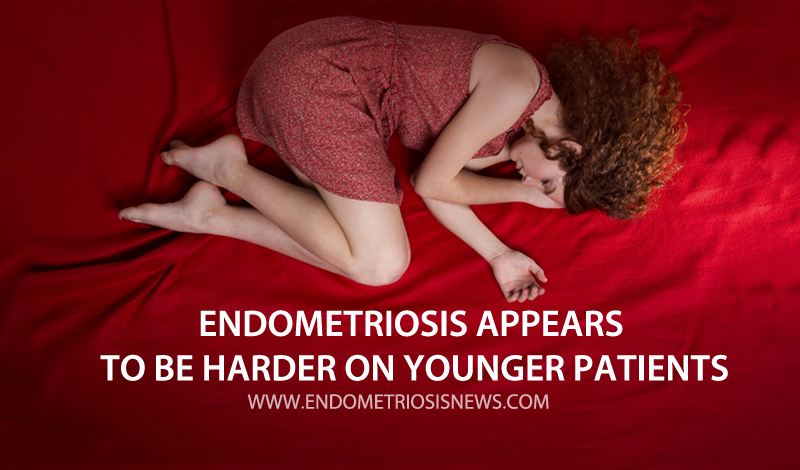Women with endometriosis have a significantly lower quality of life (QoL) than the general female population in Sweden, with younger patients reporting higher levels of pain and more diminished life quality, according to a study in the Journal of Women’s Health, titled “Age-Related Differences in Quality of Life in Swedish Women with Endometriosis.”
Endometriosis is defined by the presence of endometrial-like tissue outside of the uterus. The lesions cause inflammation, resulting in abnormal pain and lower rates of fertility. The disease is most common in women of childbearing age, with an estimated prevalence of between 3.5 percent and 10 percent of the general population, and as high as 50 percent among infertile women.
Women with symptomatic endometriosis are known to have a decreased QoL, often from disease-related fatigue and depression, with potentially profound consequences for their academic and professional careers, and social life.

